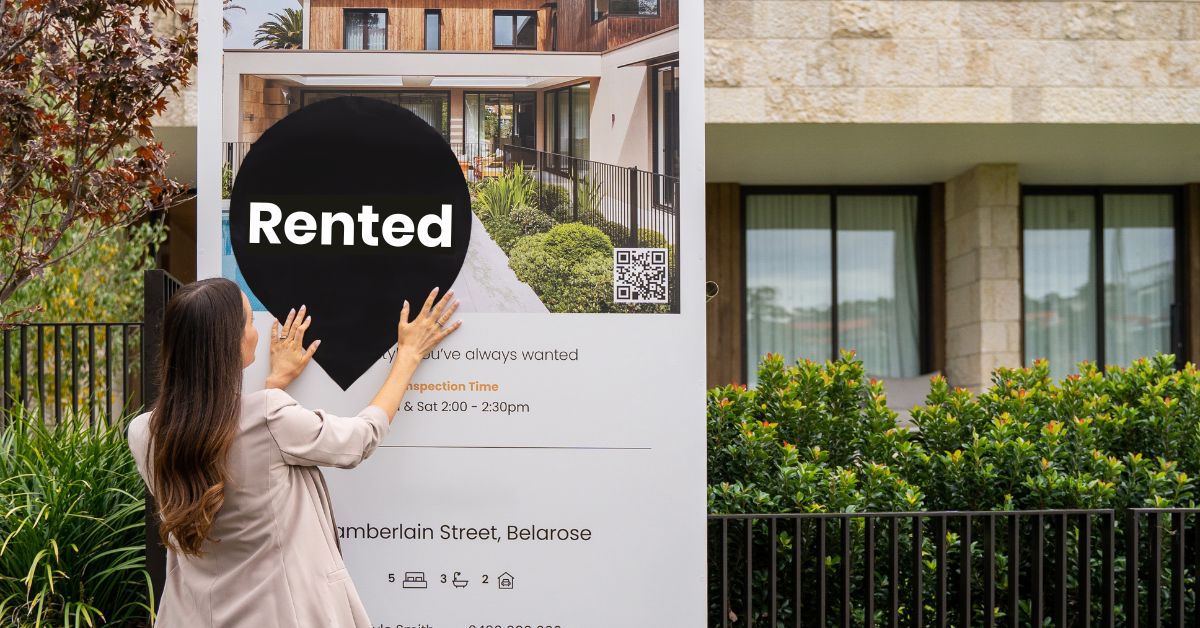A Comprehensive Guide to Investing in Holiday Homes

Investing in a holiday home can provide a rewarding opportunity, offering both a source of income and a personal getaway.
However, before diving in, it's critical to assess the potential costs and benefits. Whether you're paying in full or considering a second mortgage, understanding the impact on your finances, lifestyle, and long-term objectives is crucial.
Here's an overview of key considerations to help you determine if a holiday home is a suitable investment for you.
Holiday home investment in New Zealand
Purchasing a holiday home is a popular choice for those looking to enjoy time with family, escape daily stresses, or make a profitable investment.
Kiwis love a bach to escape to, whether it’s at the beach, lake or in the mountains. Many of us aspire to have somewhere to escape our daily grind and enjoy life at a different pace.
If it’s a holiday home you are after, there is a chance it sits empty for part of the year. Which is why you could consider making it a holiday rental so others can enjoy it when you cannot.
Holiday homes can offer solid returns, but the investment comes with risks. Many vacation spots are highly seasonal, which can affect both rental income and property values.
Before making a purchase, investigate property value trends and occupancy rates during both peak and off-peak seasons. Investing in areas with diverse industries beyond tourism can help maintain occupancy year-round.
Key considerations for holiday home investment
Before buying a holiday home as an investment, consider these important factors:
Choosing the ideal location
Location is critical when investing in a holiday home. You need to balance personal enjoyment with investment potential.
Research popular vacation spots in New Zealand that match your interests and lifestyle. Whether you prefer the lively atmosphere of Auckland, the tranquillity of Queenstown, or the coastal allure of the Bay of Islands, select a location that suits you.
Consider proximity to amenities, attractions, and transport links. Properties near beaches, ski fields, or tourist attractions are more likely to attract renters and allow higher rental rates. Don’t overlook lesser-known areas that offer unique experiences and potential for property value growth.
Maximising rental income across seasons
A key advantage of owning a holiday home is the potential for rental income. To maximise earnings, understand the seasonal variations in the rental market.
Peak seasons, such as school holidays and summer months, provide opportunities to charge higher rates due to increased demand.
Enhancing your property with amenities and upgrades can boost its appeal and justify higher rental rates even during off-peak seasons. Features like a heated swimming pool, home bar, entertainment room, home gym, BBQ facilities, or high-end furnishings can attract renters year-round.
Understanding tax responsibilities
When investing in a holiday home, it's crucial to understand your tax obligations to avoid any unexpected liabilities.
In New Zealand, the Bright-line test is a key factor in property taxation. This rule requires you to pay income tax on any profit made from selling a residential property if the sale occurs within a certain timeframe after purchase.
As of 1 July 2024, the Bright-line test only applies to investment properties sold within two years of purchase. If you do you will be liable to pay income tax on the profit from the sale.
In addition to potential capital gains tax, you must also declare any rental income from your holiday home. This includes income earned from short-term rentals on platforms like Airbnb or traditional long-term rents.
Fortunately, you can deduct certain expenses related to earning that rental income, which can help reduce your taxable income. These deductible expenses include:
Maintenance Costs: Any repairs or upkeep required to maintain the property.
Rates: Local council rates levied on the property.
Insurance: Costs for insuring the property.
Property Management Fees: Fees paid to property managers or rental agents for managing the property on your behalf.
It's advisable to keep detailed records of all income and expenses associated with your holiday home to ensure you can substantiate your claims.
Given the complexities of tax regulations, consulting a tax professional is highly recommended. They can help you navigate these rules, maximise your allowable deductions, and ensure compliance with New Zealand’s tax laws. This professional guidance is essential to make informed financial decisions and optimize the profitability of your holiday home investment.
Property management
Managing a holiday home involves numerous responsibilities, including maintenance, guest management, and marketing. If you prefer not to handle these tasks, professional property management services can be invaluable.
A reliable property manager can oversee maintenance, handle guest inquiries and bookings, and implement marketing strategies to promote your property on various platforms, from listing sites to social media.
Marketing your holiday home
To ensure a steady flow of bookings, you need to market your holiday home effectively.
Create an appealing listing: Use high-quality photos and detailed descriptions on platforms like Airbnb or Bookabach.
Set competitive prices: Price your rental based on location and amenities, offering discounts for longer stays or off-peak periods.
Target your audience: Advertise to your ideal guests through social media and targeted ads.
Partner locally: Collaborate with local businesses to offer special deals to your guests.
Work with an agent: A local real estate agent can use their expertise and network to attract guests and manage bookings.
Ready to make a decision
Investing in a holiday home can be profitable, but due diligence is essential. Be realistic about rental income and ongoing maintenance costs. Short-term rentals can boost cash flow, but income varies with the seasons. Location is a key factor. Your holiday home will likely be most in demand during times when you may want to use it, like school holidays and summer. Carefully consider these trade-offs before making your investment decision.



